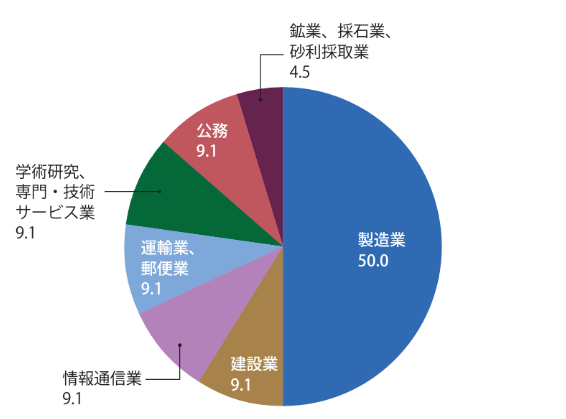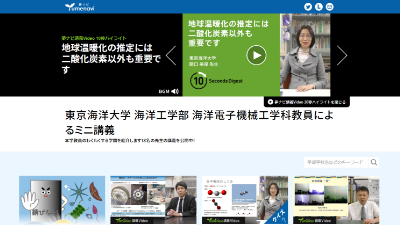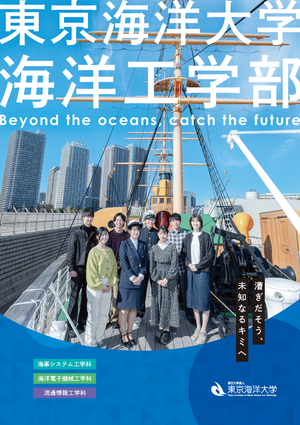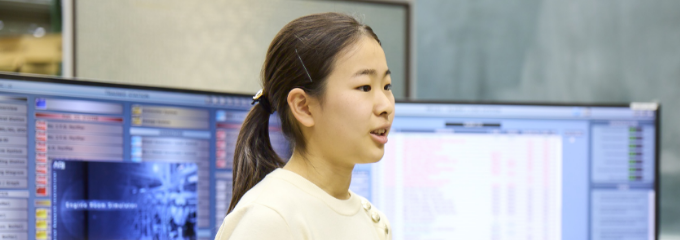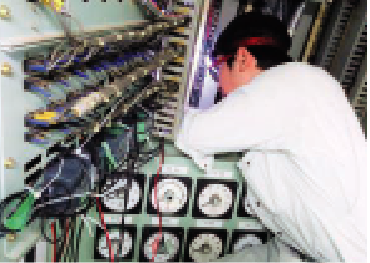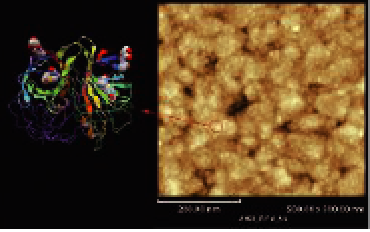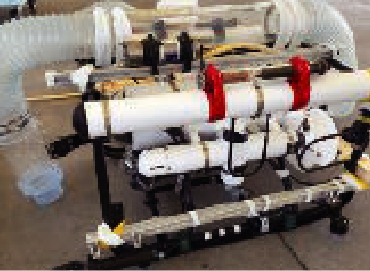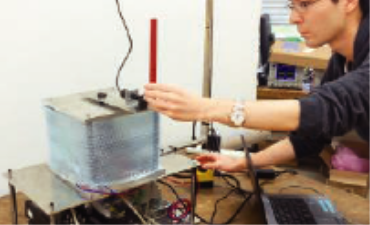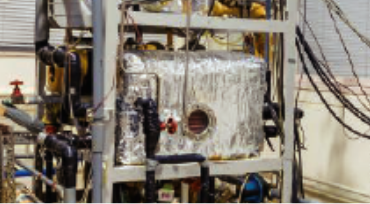1. Graduation Certification/Degree Award Policy
In the Department of Marine Electrical and Mechanical Engineering, students are interested in and specialized in a wide range of technical issues, including equipment development, management, and operation, related to ship engines, marine equipment, and the marine environment related to the use and development of the ocean. An academic (engineering) degree is awarded to those who have acquired a wide range of education including technical knowledge and a rich sense of humanity, as well as the advanced skills necessary to understand and solve problems, and the ability to be active internationally. will be awarded.
2. Learning outcome goals
(1) Broad perspective and cultural background
(Learning outcomes) Students have acquired a wide range of perspectives, abilities, and cultural background that form the basis of international exchange.
(Achievement indicator) Students must have completed a wide range of general subjects and specialized introductory subjects related to a wide range of perspectives, abilities, and cultural background, which are the foundation of international exchange.
(2)Communication skills
(Learning Outcomes) Have acquired communication skills backed by a wide range of knowledge and an international perspective, which are necessary as an engineer.
(Achievement indicators) Students must have acquired a variety of communication skills that enable them to collect and disseminate necessary information. Obtain sufficient evaluation in writing reports for experiments, practical training, and exercises, writing graduation thesis, and presenting graduation thesis.
(3)Specialized knowledge/problem-solving ability
(Learning outcomes) Possess specialized knowledge of a wide range of technologies, including equipment development, management, and operation, regarding ship engines, marine equipment, and the marine environment related to the use and development of the ocean, and be able to utilize this knowledge. Has acquired the ability to solve problems.
(Achievement indicator) Students must systematically study introductory courses and specialized courses, from basics to advanced courses, and acquire a sufficient amount of wide-ranging specialized knowledge. Students must have completed subjects such as experiments, practical training, seminars, and graduation research that will foster problem-finding, problem-solving, and creativity.
(4)Practical instruction/leadership
(Learning Outcomes) Students will acquire the practical leadership skills and leadership required as leaders in society.
(Achievement indicators) Students must have completed experiments, practical training, seminars, and graduation research subjects that will enable them to develop leadership skills and the ability to exercise leadership in a group. Obtain sufficient evaluation in writing reports for experiments, practical training, and exercises, writing graduation thesis, and presenting graduation thesis.
(5) Ability to make decisions and act on one's own
(Learning Outcomes) Have acquired the ability to proactively tackle challenges, think logically, and make accurate judgments and actions.
(Achievement indicators) Students must have completed subjects such as experiments, practical training, seminars, and graduation research that will enable them to develop the ability to make decisions and take action on their own.

